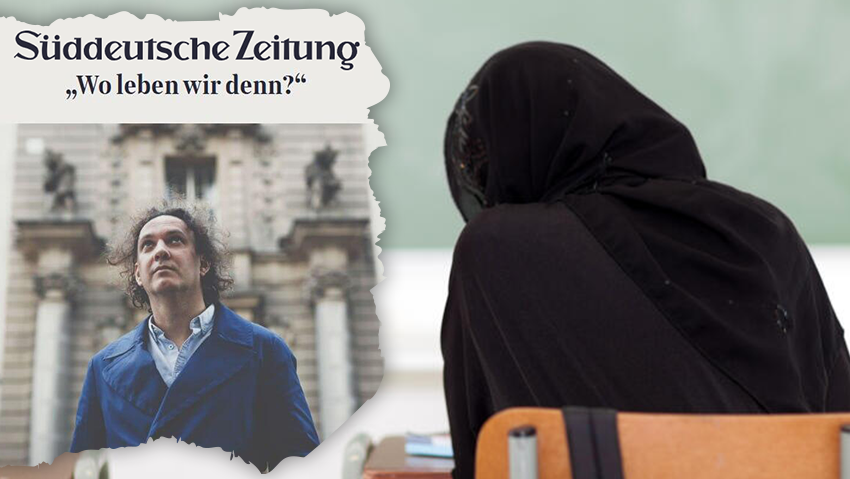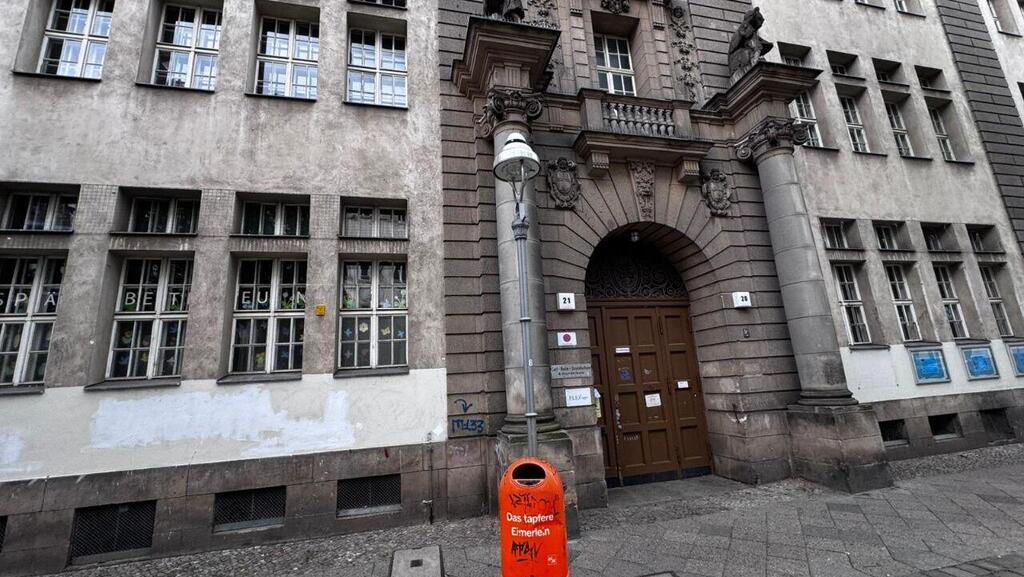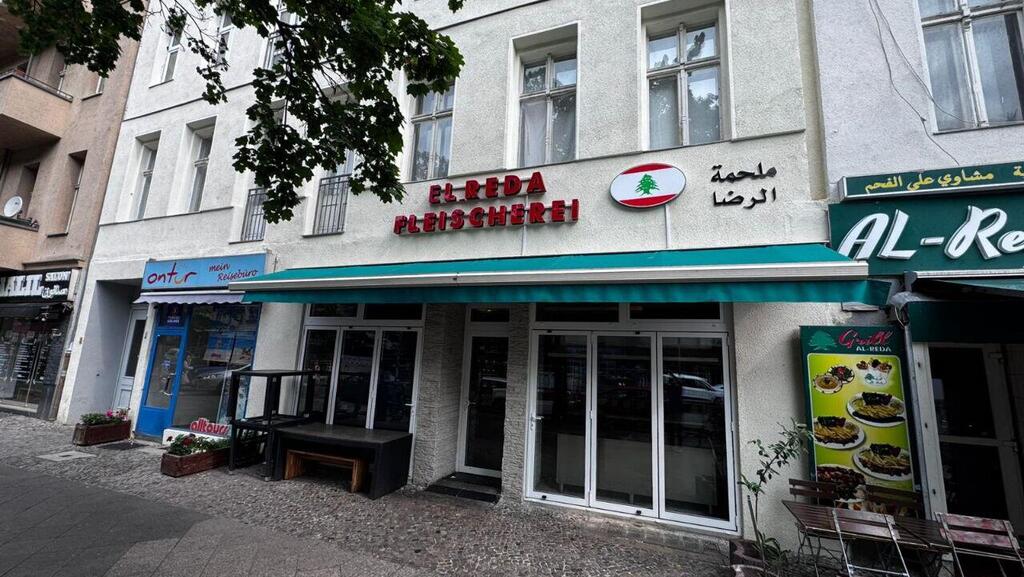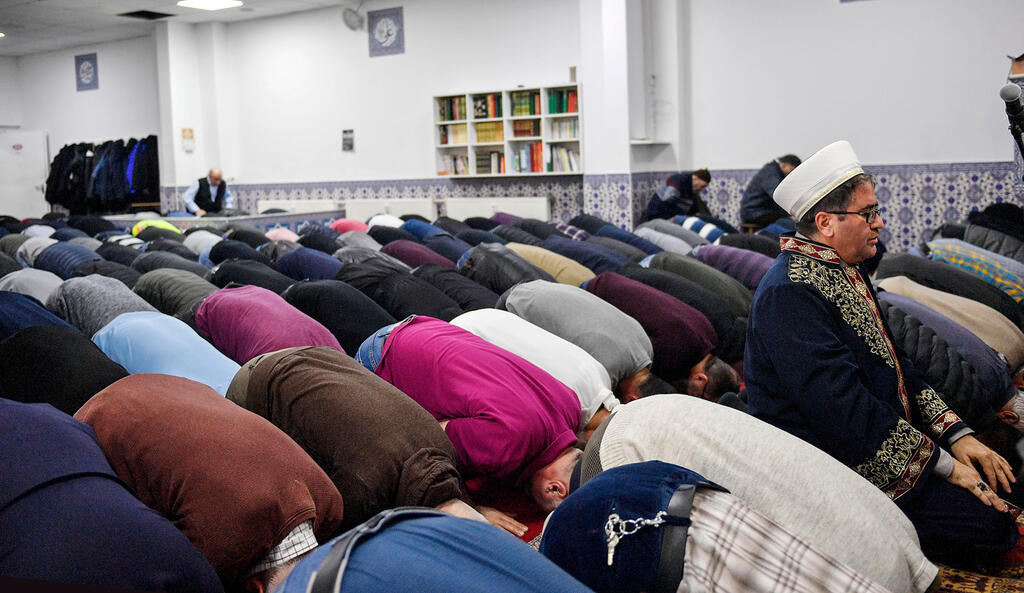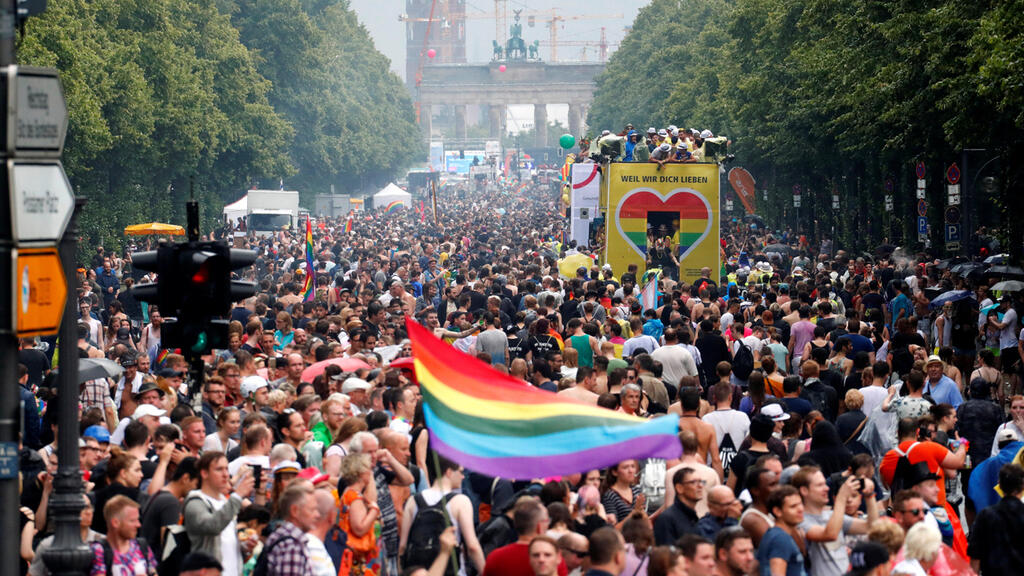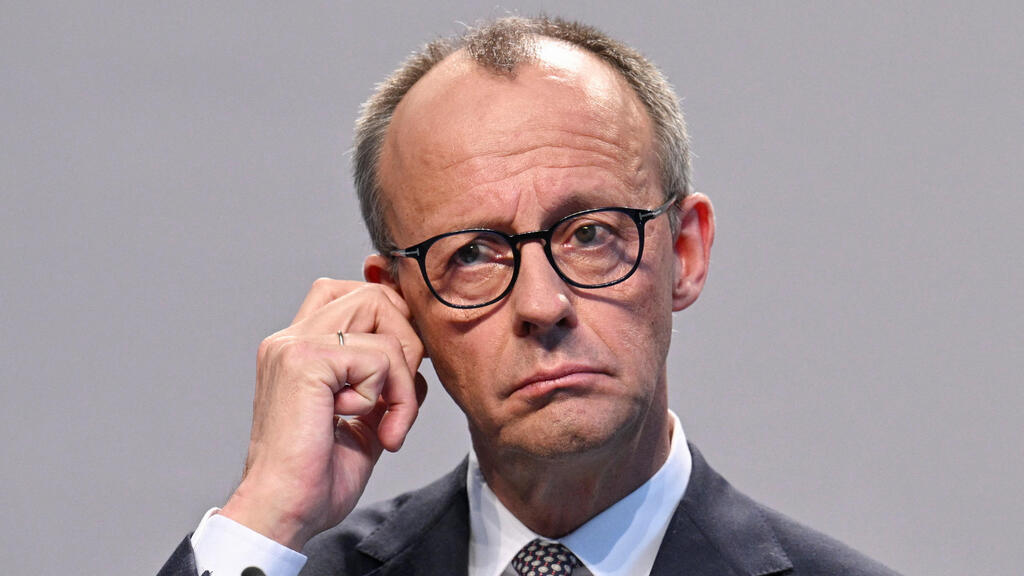What began as a mission of inclusion for Uziel Inácio-Steck, a 43-year-old Jewish gay teacher from Brazil, ended in isolation, harassment and trauma. His story—reported by Thorsten Schmitz in Germany’s Süddeutsche Zeitung—sheds light on what many educators describe as the failure of integration in some of Berlin’s immigrant-heavy neighborhoods.
According to the report, Inácio-Steck moved to Berlin in 2010 and has taught for nine years at the Karl-Bolle elementary school in Moabit, a working-class district of 85,000 residents.
About 95% of the school's students are from immigrant families, largely from Lebanon, Afghanistan, Iraq and the Palestinian territories. Most come from conservative households where homosexuality is taboo—or outright illegal.
Though he kept both his Jewish identity and sexual orientation private for years, Inácio-Steck eventually told students he was married to a man. That revelation triggered what he called a "nightmare."
Students mocked him, refused to share classrooms or food with him and called him “filthy.” One student shouted, “You’re gay? I’m going to tell the whole school,” while others told him he was a “disgrace to Islam and the family.” Some even threatened violence. “This is a place,” one boy told him, “Where Islam is the boss.”
Despite reporting incidents to the school administration, Inácio-Steck said he received little support. Administrators urged him to adapt to the students’ “traditional backgrounds” and to avoid “causing trouble.”
In one case, he said, he was reprimanded for sitting too closely to students while showing them a Holocaust memorial video on his phone. The administration responded not by investigating the incident but by summoning him to a disciplinary hearing.
In a separate case, the principal filed a police complaint against him for allegedly overstepping his role—after he advised a shivering girl to wear warmer clothes and suggested a sick-looking boy drink water while fasting for Ramadan. He was later ordered to teach in the hallway “for his own safety.”
Get the Ynetnews app on your smartphone: Google Play: https://bit.ly/4eJ37pE | Apple App Store: https://bit.ly/3ZL7iNv
Eventually diagnosed with post-traumatic stress disorder, Inácio-Steck went on medical leave. “I never thought I’d experience anything like this in Germany,” he said through tears, according to the report. He has since hired a lawyer and collected testimonies from colleagues who described him as a respected and dedicated educator. But his is not an isolated case.
'You can leave. We don’t need you here'
Teachers from other Berlin districts echoed his experience. Miriam (assumed name), a Balkan-born teacher in Neukölln, said her attempt to teach lessons on democracy were dismissed by administrators who feared backlash from students' families.
“Some teachers are afraid to teach geography,” she said, “because Israel appears on the maps.” In many classrooms, she added, “the Holocaust is no longer taught.”
She and others described an environment in which teachers—especially women—face disrespect, harassment and even threats. One gym teacher said a student was caught with a knife, but no disciplinary action was taken.
In an interview with Süddeutsche Zeitung, another teacher recalled a conversation with a fourth-grade student who had disrupted class. When the teacher asked why, the girl replied that she "doesn't like Germans."
The teacher asked whether she’d rather live in another country, and the student responded: “You can leave. We don’t need you here.” Teachers, the report noted, received no support from principals or supervisors, who also blocked intervention from external organizations. Instead, staff were told to “understand” and “tolerate” students from “traditional backgrounds.”
Another teacher reported that Muslim students were barred by their parents from playing with Christian classmates. “We’re expected to tolerate everything in the name of openness,” Miriam said. “But there’s complete surrender to a conservative, traditionalist message.”
Her 16-year-old son, a transgender student, became the target of severe bullying and violence after coming out. “They found out where we lived,” she said. “He stopped going to school, stopped eating, fell into depression, attempted suicide multiple times and now requires constant supervision.”
Berlin’s multicultural ‘bubble’ under strain
While Berlin has long prided itself on being a liberal, cosmopolitan city, growing numbers of teachers, particularly LGBTQ+ educators and Jews, report rising hostility—often from students in Muslim immigrant communities.
In 2023, Berlin’s police chief warned that certain areas of the city were unsafe for visibly gay people or Jews wearing yarmulkes. The Green Party, traditionally supportive of LGBTQ+ rights, called for an investigation into the schools’ conduct but also warned against generalizations about Muslim communities.
The German government, now led by Chancellor Friedrich Merz, has taken steps to tighten immigration policy and increase border security. But with more than 6.5 million migrants having arrived since the 2015 refugee crisis, many question whether systemic change is still possible.
For teachers like Miriam, the solution lies in addressing the root cause. “Everyone blames poverty or social inequality,” she said. “But no one wants to point to religion or culture. We need a complete reset. Teach democracy before reading and writing.”


